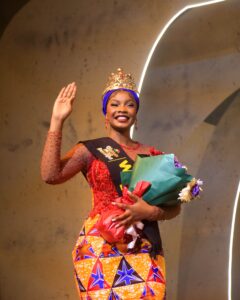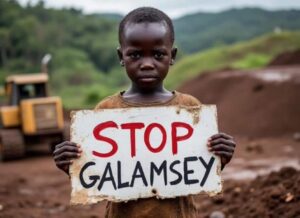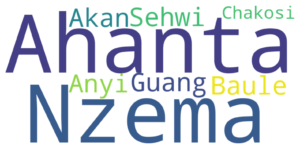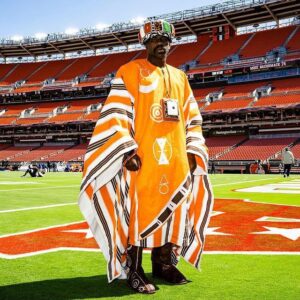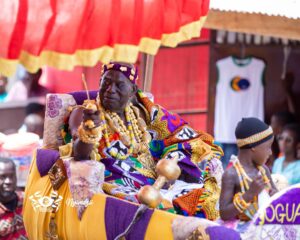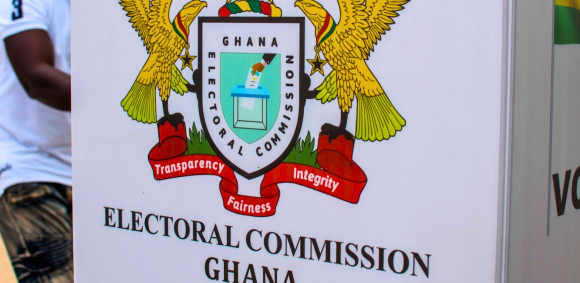
Ghana is a democratic state with a multi-party system. This means that two or more political parties are allowed to contest in elections, vying for the presidency as well as seats in the country’s parliament. Since the establishment of the Fourth Republic in 1992, Ghana has held elections every four years, with election years always falling on even numbers. The country’s democracy is widely regarded as one of the strongest in Africa, with a history of peaceful elections since 1992, showcasing a commitment to democratic principles and political stability.
In Ghana, election years are marked by political campaigns that reflect the diverse cultures and languages of the nation. Political slogans and catchphrases, often coined in Ghanaian languages, resonate with the electorate that shapes the political discourse and rallying support across the country. Phrases like “Onaapo,” “ɛyɛ zu ɛyɛ za,” and “Kukruduu eehyi” have become more than just catchy slogans; they embody the spirit and aspirations of the people that make language a powerful tool during political years.
This article explores the significant role Ghanaian language plays during election year’s, including the formation of catchy phrases, political party songs, slogans and public education adverts that influence voter engagement and contribute to Ghana’s democratic process.
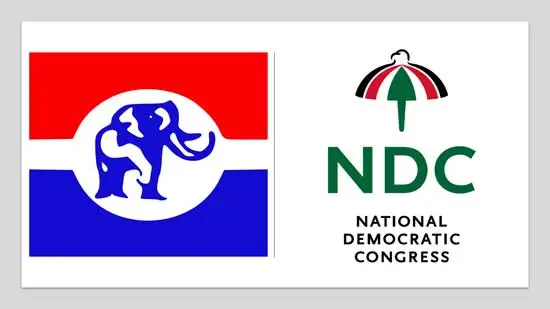
The first significance of Ghanaian language during election years is the creation of slogans. Although Ghana is a multi-party state,there are two political parties with dominace, namely the New Patriotic Party (NPP) and the National Democratic Congress (NDC). These parties are known for using slogans in Ghanaian languages that resonate with voters and enhance engagement.
For the NPP, the slogan “Kukruduu” (Akan) with the response “Eehyi” (Ga) is popular. This slogan is linked to the strength of the elephant, which is the party’s emblem. Another notable slogan is “Eeshi woradoworado,” which mimics the sound an elephant makes as it walks, symbolizing the fear and respect the party commands among its opponents whenever its name is mentioned.
On the NDC side, the popular slogan “Ɛyɛ zu” with the response “Ɛyɛ za” is sometimes extended to “Ɛyɛ zuzu” with the response “Ɛyɛ zaza.” Although believed to have originated from the Western Region, the specific language is unclear, though “ɛyɛ” is recognized as Akan. This phrase is interpreted to mean that both the NDC’s presidential and parliamentary candidates are the same and that voters should support both. The slogan continues to be a rallying cry that energizes party members. Additionally, the NDC uses the phrase “No abaa basɛ” in Ga and English, meaning “No turning back,” symbolizing the party’s focus on victory.
Other political parties, such as Dr. Paa Kwesi Nduom’s Progressive People’s Party (PPP), also utilize slogans in Ghanaian languages. Notably, the PPP, led by its Fante-speaking founder, employs the slogan “Awake!” which is prominently displayed on their posters and flyers in its translated form as “Yɛasoɛr.”
Catchy phrases are also employed to attract voters. For the NPP, phrases like “Ɔson akyi nnyi abowa,” which translates to “There is no animal after the elephant,” reinforce the party’s emblem and its perceived dominance. Another phrase, “Ɛsorɔ hɔ pɛɛ,” meaning “found at the top,” is used when the NPP presidential candidate is first on the ballot.
Similarly, the NDC uses the phrase “Aseɛ hɔ pɛɛ,” meaning “found at the bottom,” to indicate when their presidential candidate occupies the last position on the ballot. Interestingly, both parties use these phrases interchangeably, depending on where their candidate is placed on the ballot in a given election.

Ghanaian languages play a significant role in political campaigns, often through music. For the NPP, highlife legend Daddy Lumba created a memorable campaign song in Akan for Nana Addo Dankwa Akufo-Addo during the 2008 presidential elections. This song remains a staple in their campaigns even today. On the other hand, the NDC has benefited from the versatile gospel musician Nacee, who produced the popular “Onaapo” for the 2016 general elections. Following the NPP’s victory, the NPP released a refix of the song to mock the NDC, but Nacee returned for the 2020 elections with another notable track in Akan, accompanied by an animated video.
As the 2024 general elections approach, Nacee continues to be a significant figure for the NDC, unveiling a new theme song in Akan that is already gaining traction at rallies and campaign events. The rest of the political parties also have songs in Ghanaian languages.
Ghanaian languages are prominently featured in election public education adverts by the Electoral Commission and government agencies such as the National Commission for Civic Education. Both major and minor political parties use these languages for their campaigns, public education and advertisements. The most commonly used languages include Akan (Asante Twi, Fante, Akuapem), Nzema, Ewe, Ga, Dagbani, and Gonja. These adverts range from traditional formats to animated visuals that effectively convey messages to the general electorate.
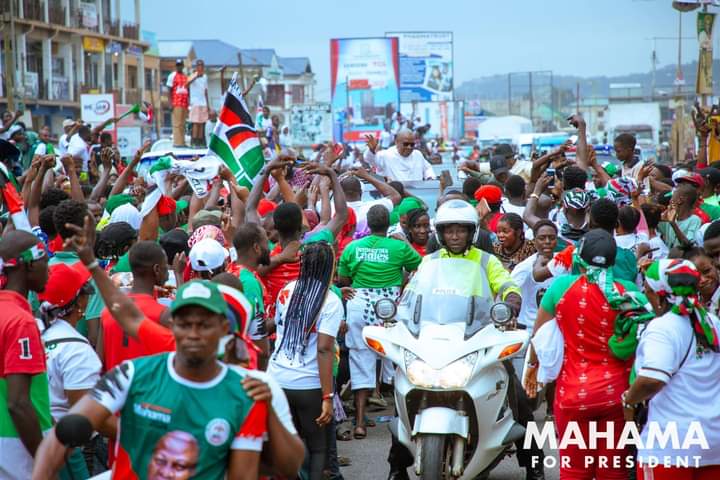
During campaigns and rallies, politicians in Ghana often use Ghanaian languages, especially in regions where these languages are predominant. In addition to spoken languages, Ghanaian Sign Language plays a crucial role, particularly in engaging the deaf and hard-of-hearing communities. Recognized by Ethnologue.com, one of the leading language resources globally, Ghanaian Sign Language is utilized by interpreters to ensure that campaign messages reach all segments of the population effectively.
In summary, the strategic use of Ghanaian languages in political campaigns, public education, and rallies demonstrates their crucial role in engaging voters and fostering democratic participation in Ghana. These linguistic efforts also enhance the effectiveness of political communication across the country.
Author: Ebenezer Kobinah Offen
Editor: Ama Gyesiwaa Quansah
